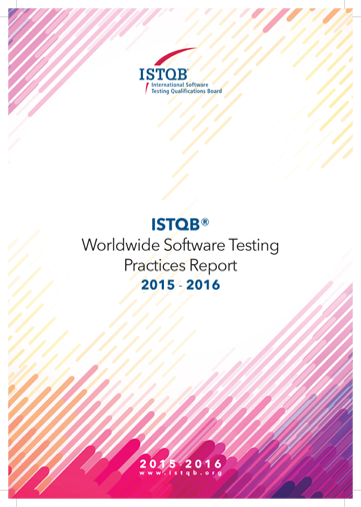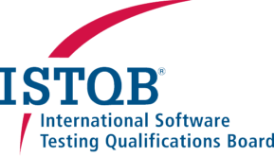About the Survey
After the “2013 ISTQB® Effectiveness Survey”, in which we collected market feedback on the impacts of ISTQB® certifications, in 2015 we conducted a survey looking at the “Worldwide Software Testing Practices”, the results of which are published in this report.
The survey covers several topics, ranging from organizational and budgetary aspects, to techniques/ processes/ tools, through skills and competencies; we think it provides useful information for all the professionals involved in the testing market, as well as direction for the further evolution of the ISTQB® scheme. This is an exciting time in the testing industry and the survey data will help the significant evolution that ISTQB® is currently undertaking to ensure we develop and maintain syllabi that continue to reflect changing testing practices and that meet market demands.
The survey was designed by the ISTQB® Marketing Working Group and endorsed by ISTQB® Member boards, accredited training providers and exam providers, collecting more than 3,200 responses from 89 countries.
The most significant findings from ISTQB® Worldwide Software Testing Practices Report 2015-2016
- Budgets assigned to testing are large and keep on growing.
- Agile based SDLCs are being adopted ahead of traditional ones (Waterfall or V-Model).
- Segregation of duties has become a standard practice from an organisational point of view.
- Test tools are widely adopted.
- Test automation is a hot topic.
- Testing requires a wide range of skills and competencies.
- Important career paths are available for testers and test managers.
- The decision of “When to stop testing” is mainly based on requirements coverage.
- Use cases and exploratory testing are the most adopted test techniques in the business practices.
- Performance, usability and security tests are gaining traction.
- Several improvement opportunities are recognized
ISTQB® Worldwide Software Testing Practices Report 2015-2016

